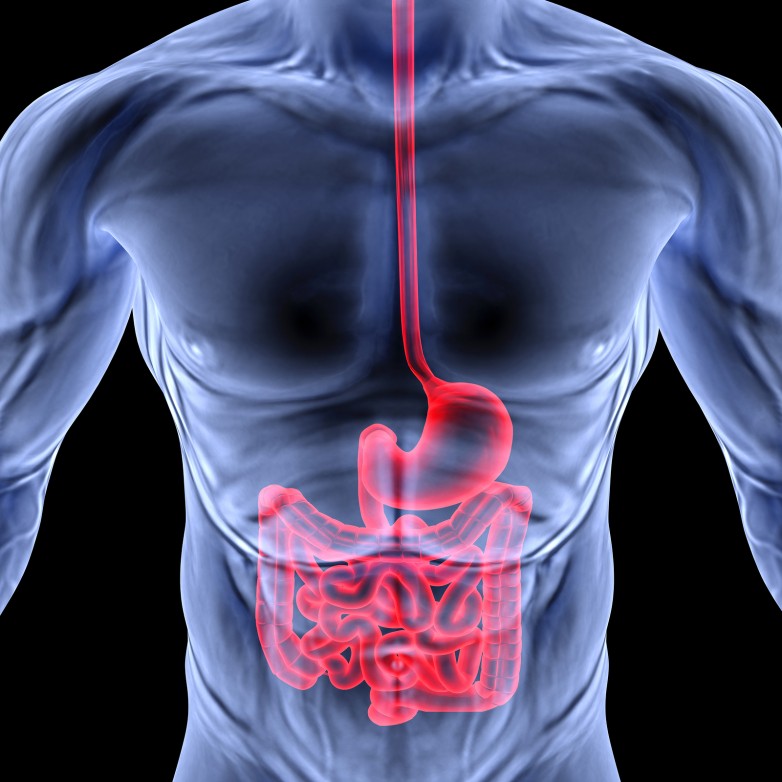By Dr. Don Fisher
Out of all the health issues my patients come to me with, fatigue is by far the most common. I witness the epidemic of extreme exhaustion on a daily basis.
Patients wake up feeling exhausted, craving cups of caffeine. They are irritable and “hangry” for salty or sugary foods. They can’t lose weight, despite dieting and exercise, and have little to no sex drive. Their energy level crashes in the afternoon, but they often get a “second wind” before bed. Then they have trouble winding down in the evening, only to have another night of restless sleep.
Sadly, many think this is normal. That’s because they look around and see everyone looking just as tired and miserable as they are. But just because something is common doesn’t make it normal.
This is not normal — this is the epidemic of adrenal fatigue.
What are the adrenal glands?
Your adrenal glands sit on top of your kidneys, like little kidney baseball caps. They regulate many critical hormonal jobs in your body, including the release of your main stress hormone, cortisol.
Our bodies are built for stressful events, and throughout time they have adapted to them. We are here today because the human species can handle stressful events. If our ancestors were chased by a predator, the sympathetic response, our body’s fight-or-flight mode, would be activated. During this stress response, cortisol would be released, ramping up blood pressure and blood sugar, which were needed to cope with the stressful event.
Excess cortisol causes anxiety, hunger and weight gain not to mention sleep disruption.
When things calm down, cortisol secretion then decreases, along with your blood pressure and blood sugar levels. Normal balance is intact.
So what is adrenal fatigue?
Cortisol is neither bad or good — it just is. But problems occur when there’s an imbalance in cortisol.
In a healthy individual, cortisol is higher in the morning and slowly flows lower throughout the day. Melatonin, your “sleepy time” hormone, is inversely proportional to cortisol. So when cortisol is high, melatonin is low and vice versa.
Adrenal fatigue happens when there’s an imbalance in this cortisol rhythm: Cortisol is high when it should be low, low when it should be high, or always high or always low.
The secret to understanding adrenal fatigue is understanding its origin: your brain. Your brain tells your adrenal glands what to do through a complex web of communications called the hypothalamic-pituitary-adrenal axis (HPA Axis), or simply the brain-adrenal axis. Your hypothalamus releases corticotropin-releasing hormone (CRH), which tells the pituitary gland to release the adrenocorticotropic hormone (ACTH). ACTH then tells your adrenal cortex to release cortisol.
Adrenal fatigue is really a dysfunction of your brain’s communication with your adrenals — not the adrenal glands themselves.
What causes adrenal fatigue?
Our modern life, with its many ongoing stressors, can turn on your stress response and throw away the key. Unlike acute stress, for which we’re biologically hardwired, chronic stress turns on the fight-or-flight response without any rest.
If the stress response doesn’t leave, those cortisol triggers never stop. Some chronic stressors that can lead to adrenal fatigue include:
- autoimmune conditions
- emotional stress
- excessive exercise
- food intolerances
- microbiome dysfunctions
- toxins
So, what’s next? If you think you might have adrenal fatigue, I recommend these tips:
- Consider having labs done.
One of the labs I run on patients is a 24-hour adrenal stress index — a salivary test that tracks your cortisol levels, HPA axis quality, and other hormone levels throughout the day — to get a comprehensive view of what’s going on in your particular case.
Since Adrenal Fatigue often mimics low thyroid, it is a good idea to have thyroid labs checked as well. Most physicians who promote age management medicine would want to look at all hormones in order to see that they are are balanced and in a more youthful range.
- Improve your chronic stressors.
Working on the stressors listed above — such as removing toxins and balancing other hormones— will be essential to breaking the chronic stress cycle, regaining your health, and feeling like yourself again. It may take some time and effort but most of my patients fully recover once they know what they have and what they can do to fight the fatigue. Slowly month by month energy and vitality return. It is common for a patient to identify their onset of fatigue with one specific stress or stresses in the past. Maybe a serious life event such as a death or serious illness of a family member or a serious personal event with associated physical trauma or emotional trauma.
- Eat calming food medicines.
The foods we eat will either perpetuate stress in our body or calm it down. Walnuts and avocado are two of my favorite foods to help de-stress the brain and hormonal system. Many other foods can help. Nothing will improve your health more than what you chose to put at the end of your fork. A very good documentary film to enjoy is Forks Over Knives which points out the importance of whole foods and plant-based diets.
- Practice breathing exercises.
Breathing is a major factor in reducing stress. Take time throughout the day to become aware of your breath — it’s a great way to diffuse stress levels and calm your brain-adrenal axis. I recommend mindfulness meditation or present moment awareness to my patients struggling with adrenal fatigue.
- Start yoga or tai chi.
Bring practices of intense alertness and stillness into your life. Yoga and tai chi are two of my favorite ways for people to start balancing out the stress in their lives.
- Try natural medicines.
Rehabbing the brain-adrenal connection takes time. What works for one person may not work for you, so it’s important to discuss this with a qualified practitioner. Here are some general natural medicines that can help:
- Adaptogenic herbs: Ashwagandha, Rhodiola Rosea, Holy Basil, and Eleuthero Ginseng can have a regulating effect on cortisol rhythm.
- Magnesium: Magnesium is the original chill pill. It helps support the adrenal glands, relaxes stressed muscles and nerves, and promotes quality sleep.
- Methylation support: Taking activated forms of B12 and folate are effective ways to support healthy methylation pathways, which help balance the melatonin-cortisol rhythm.
- GABA support: Your calming, inhibitory neurotransmitter is GABA. Herbs like passion flower and amino acids such as theanine, glycine, and taurine can help calm you down by acting on the gabaminergic pathways in your brain.
- Vitamin C: Your adrenal glands thrive with this vital vitamin. Supplement daily up to 4 grams or consider IV support where even more can be given directly into your veins.
- Women over 35 Often Need Progesterone: This female hormone really plays a role in calming down the nervous system and improving and supporting the adrenal glands and is critical for adrenal support in women who suffer from three issues: sleep, mood and anxiety.
- Get enough sleep.
Make sure you’re not staying up too late — you need to allow your brain and adrenals to recuperate overnight. Promote quality sleep by turning off the TV and smartphone a few hours before bed and reading a book instead. Consider a nice warm bath with Epsom salts for great relaxation and better sleep.
- Consider functional medicine.
Depending on your individual brain-adrenal dysfunction, you may need to work with a qualified practitioner to carefully replace a small portion of the levels of the missing adrenal hormones for a period of time. Specific amounts of DHEA and the precursor to cortisol, called pregnenolone, can stimulate your body to begin producing it naturally.
Meditation and stretching help. Do exercise that doesn’t stress your body too much. Just walking may be your best exercise until your adrenal glands recover.
Consider consulting with a physician who has experience with adrenal fatigue and someone who will take the time and effort to understand your particular situation and work with you to recover.
The BEST Program, Inc. in Fort Lauderdale provides counseling for patients with hormone imbalances and provides testing. IV nutritional support is available as well as counseling related to all issues in this article. Call us at (954) 627-9118. Fatigue doesn’t have to be accepted as your normal — there is help.







